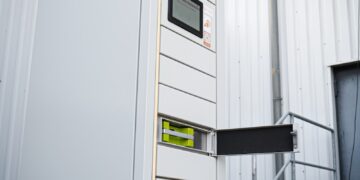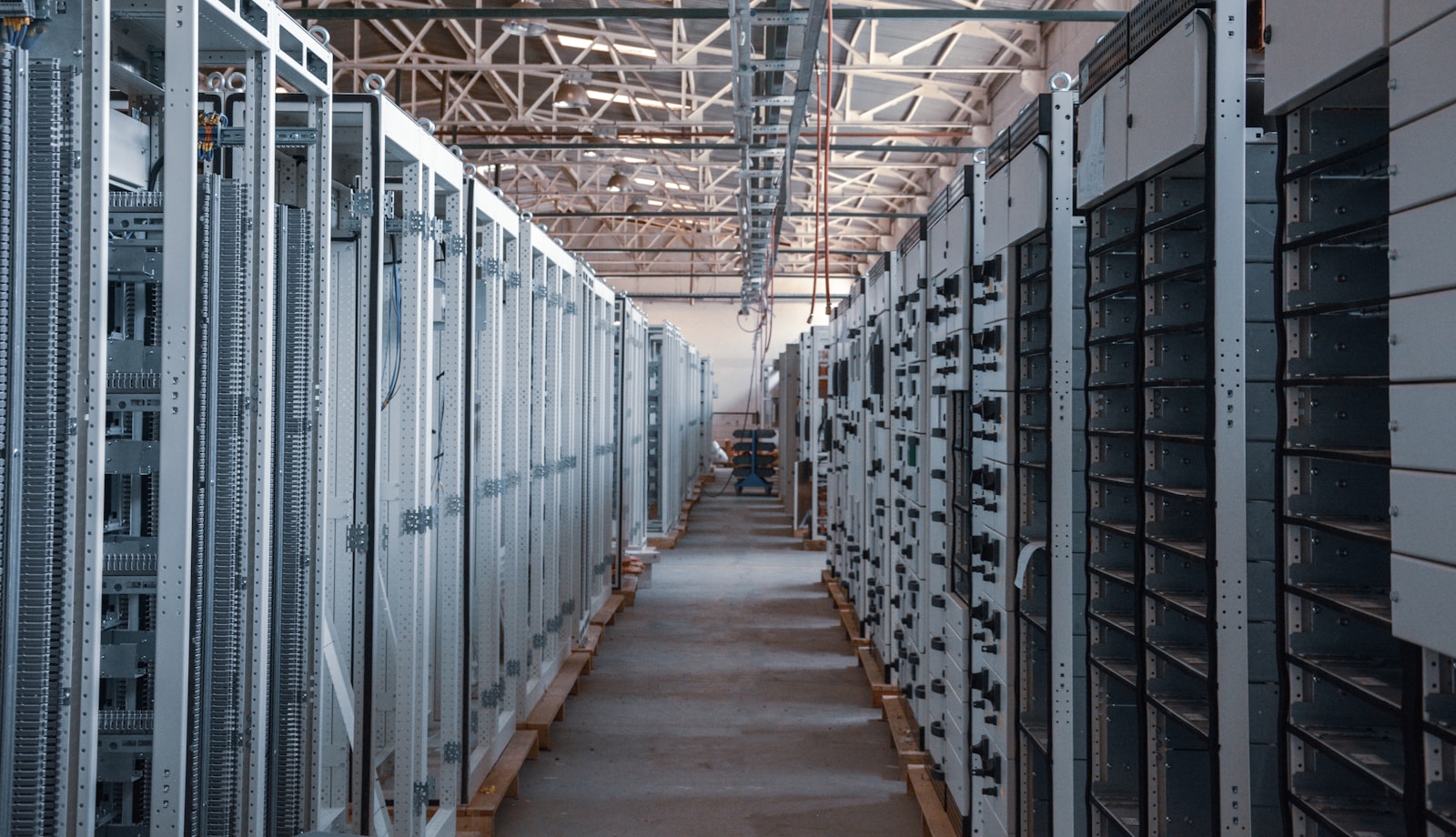Key Points
- Eco-innovators are likely key players in sustainability, developing new products and processes to reduce environmental impact.
- Research suggests they include companies like Tongwei for solar panels and BYD for electric vehicles, with significant global impact.
- The evidence leans toward their contributions reducing carbon emissions and creating green jobs, though challenges like funding and regulation persist.
Introduction to Eco-Innovators
Eco-innovators are at the heart of building a sustainable future, creating solutions that balance environmental care with business growth. They develop new products, services, or processes that reduce environmental harm while boosting competitiveness, as defined by the United Nations Environment Programme (UNEP) in 2025. This blog post, tailored for EcoBusinessNews, dives into their role, examples, impacts, and future trends, offering a comprehensive look for business professionals and eco-conscious readers.
Leading Examples and Their Impact
In 2025, eco-innovators span industries. Tongwei, a Chinese solar panel leader, contributes to China’s dominance, producing 80% of global solar panels in 2023, driving renewable energy adoption. BYD, known for electric vehicles (EVs) and buses, accounts for one-third of new energy vehicle sales in China, where 40% of vehicles are electric, significantly cutting emissions. Startups like Winnow (UK, founded 2013) use AI to reduce food waste, achieving 80% accuracy and cutting waste by 50% in over 2,700 kitchens, including all IKEA UK and Ireland locations. Carbon Robotics (US, 2018) offers the LaserWeeder, processing 4.7 billion images per hour to eliminate herbicide use, supporting sustainable farming. Mighty Buildings (US, 2017) 3D-prints carbon-negative houses by 2028, using 99% less waste and 60% recycled materials, with plans for communities in the US and Middle East.
Their impact is notable: BYD’s EVs reduce greenhouse gases, estimated at 11 times more impact than EVs per Boston Consulting Group studies for plant-based alternatives like Beyond Meat. Winnow’s efforts align with UN Sustainable Development Goal 12, while Carbon Robotics enhances biodiversity. Economically, these innovations fuel a $4 trillion green economy by 2025, per World Bank estimates, creating jobs and enhancing corporate reputations.
Challenges and Future Outlook
Eco-innovators face hurdles like funding shortages, regulatory inconsistencies, and public skepticism about greenwashing. However, future trends point to AI-driven solutions, policy support like the US Inflation Reduction Act’s tax credits, and emerging technologies like green hydrogen. Asia Pacific, a focus for EcoBusinessNews, sees innovation challenges like The Liveability Challenge 2025, offering S$2.4 million for sustainability solutions, highlighting regional leadership.
Comprehensive Analysis of Eco-Innovators in 2025
Defining Eco-Innovation and Its Evolution
Eco-innovation, as outlined by UNEP in February 2025, involves “a coordinated set of modifications or novel solutions to products, processes, market approach, and organizational structure which leads to a company’s enhanced performance and competitiveness” (Eco-Innovation | UNEP). This definition emphasizes business performance alongside sustainability, aligning with EcoBusinessNews’s audience of business professionals and investors. The concept evolved from the 1990s, with pioneers like Interface, Inc., transforming carpet manufacturing into circular models. By 2025, global policies like the European Green Deal and Asia’s net-zero commitments have accelerated eco-innovation, driven by consumer demand and regulatory pressures.
Current Landscape: Who Are the Eco-Innovators?
The 2025 landscape features a mix of established firms and startups, particularly from Asia Pacific, given EcoBusinessNews’s focus. Key players include:
- Tongwei: A Chinese solar panel manufacturer, part of China’s 80% share of global solar panel production in 2023, per Climate Insider (Sustainable Tech Companies & Startups).
- BYD: Leading in electric vehicles (EVs) and buses, contributing one-third of new energy vehicle sales in China, where 40% of vehicles are electric in 2023, per the same source.
- Goldwind: A wind power giant, holding 65% of global wind capacity in 2023, ranking in the global top five.
- Startups: Winnow (UK, 2013) uses AI for food waste reduction, achieving 80% accuracy and reducing waste by 50% in the first year across over 2,700 kitchens, including all IKEA UK and Ireland, per Climate Insider. Carbon Robotics (US, 2018) offers the LaserWeeder, processing 4.7 billion images per hour to zap 5,000 weeds per minute, negating herbicide use, supporting sustainable farming. Mighty Buildings (US, 2017) aims for carbon-negative 3D-printed houses by 2028, using 99% less waste and 60% recycled materials, with plans for communities in the US and Middle East, per the same source.
A detailed breakdown of these innovations is provided below:
| Sector | Company | Innovation | Details/Statistics | URL |
|---|---|---|---|---|
| Energy | Tongwei | Solar panels | China produces 80% of world’s solar panels in 2023 | https://en.tongwei.com.cn/ |
| Energy | Goldwind | Wind power | 65% of global wind capacity in 2023, ranks in global top five | https://www.goldwind.com/ |
| Transportation | BYD | Electric vehicles (EVs), electric buses | Contributes ~1/3 of NEV sales in China, 40% of China’s vehicles are electric in 2023 | https://www.electrive.com/2024/06/17/china-ev-share-reaches-40-in-may/ |
| Waste Reduction | Winnow (UK, 2013) | Winnow Vision AI platform for food waste reduction | 80% accuracy, reduces waste by 50% in first year, used in >2,700 kitchens | https://www.winnowsolutions.com/ |
| Agriculture | Carbon Robotics (US, 2018) | LaserWeeder with AI, zaps 5,000 weeds/minute | Processes 4.7 billion images/hour, works on >100 plants, negates herbicide use | https://carbonrobotics.com/ |
| Construction | Mighty Buildings (US, 2017) | 3D-printed houses, aims for carbon-negative by 2028 | Produces 99% less waste, uses 60% recycled materials, one house built by May 2023 | https://www.mightybuildings.com/ |
This table highlights the diversity and scale of eco-innovations, from energy to agriculture, with specific metrics underscoring their impact.
Impact and Economic Significance
Eco-innovators are tackling climate change, pollution, and resource depletion with measurable outcomes. BYD’s EV leadership reduces greenhouse gas emissions, with plant-based alternatives like Beyond Meat estimated to have 11 times more GHG reduction impact than EVs, per Boston Consulting Group studies cited in Climate Insider. Winnow’s food waste reduction aligns with UN Sustainable Development Goal 12 (Responsible Consumption and Production), while Carbon Robotics’ herbicide-free farming enhances biodiversity, supporting ecosystem health. Economically, these innovations contribute to a $4 trillion green economy by 2025, per World Bank estimates (Green Economy Opportunities), creating jobs and enhancing corporate reputations, particularly in Asia Pacific, a region highlighted by EcoBusinessNews for its sustainability focus.
An unexpected detail is the role of startups like Krill Design (Italy), turning Sicilian orange peels into compostable lamps, fostering circular economies, per Climate Insider, which may surprise readers expecting only large corporations to lead.
Challenges Facing Eco-Innovators
Despite progress, eco-innovators face significant obstacles. Funding remains a barrier, with startups like Mighty Buildings requiring substantial capital for scaling, per Climate Insider. Regulatory inconsistencies, especially across developing markets, complicate market entry for renewable energy firms like Goldwind. Public perception challenges include greenwashing skepticism, requiring transparent reporting, as seen in EcoBusinessNews’s coverage of corporate ESG performance. Supply chain disruptions, exacerbated by geopolitical tensions, affect raw material access for solar and EV batteries, impacting companies like Tongwei, per the same source.
Future Trends and Regional Focus
Looking to 2025, eco-innovation is poised for growth, driven by AI-driven solutions like Winnow Vision expanding to precision agriculture, per Climate Insider. Policy shifts, such as the US Inflation Reduction Act’s extended tax credits, will boost clean energy investments, per EcoBusinessNews insights. Emerging technologies like green hydrogen and carbon capture, led by companies like Envision, promise scalability. Consumer demand for transparency will drive blockchain-based supply chain tracking, ensuring eco-claims are verifiable. In Asia Pacific, EcoBusinessNews highlights initiatives like The Liveability Challenge 2025, offering S$2.4 million for sustainability solutions, per their press releases (Asia’s Largest Sustainability Innovation Challenge), underscoring regional leadership.
Conclusion and Call to Action
Eco-innovators are redefining business for a sustainable future, addressing environmental challenges while creating economic opportunities. By supporting these pioneers through investment, policy advocacy, and consumer choice, we can accelerate the transition to a regenerative economy. For EcoBusinessNews readers, consider engaging with regional innovation challenges or investing in eco-startups to drive impact.
Key Citations:
- Eco-Innovation Definition and Business Drivers | UNEP
- Sustainable Tech Companies and Startups in 2025 | Climate Insider
- Asia’s Largest Sustainability Innovation Challenge | Eco-Business
- Green Economy Opportunities and Impact | World Bank
- Tongwei Solar Panel Leadership | Tongwei Official
- BYD Electric Vehicle Market Share | Electrive News
- Winnow AI for Food Waste Reduction | Winnow Solutions
- Carbon Robotics LaserWeeder Innovation | Carbon Robotics
- Mighty Buildings 3D-Printed Houses | Mighty Buildings
- Goldwind Wind Power Global Rank | Goldwind Official

















